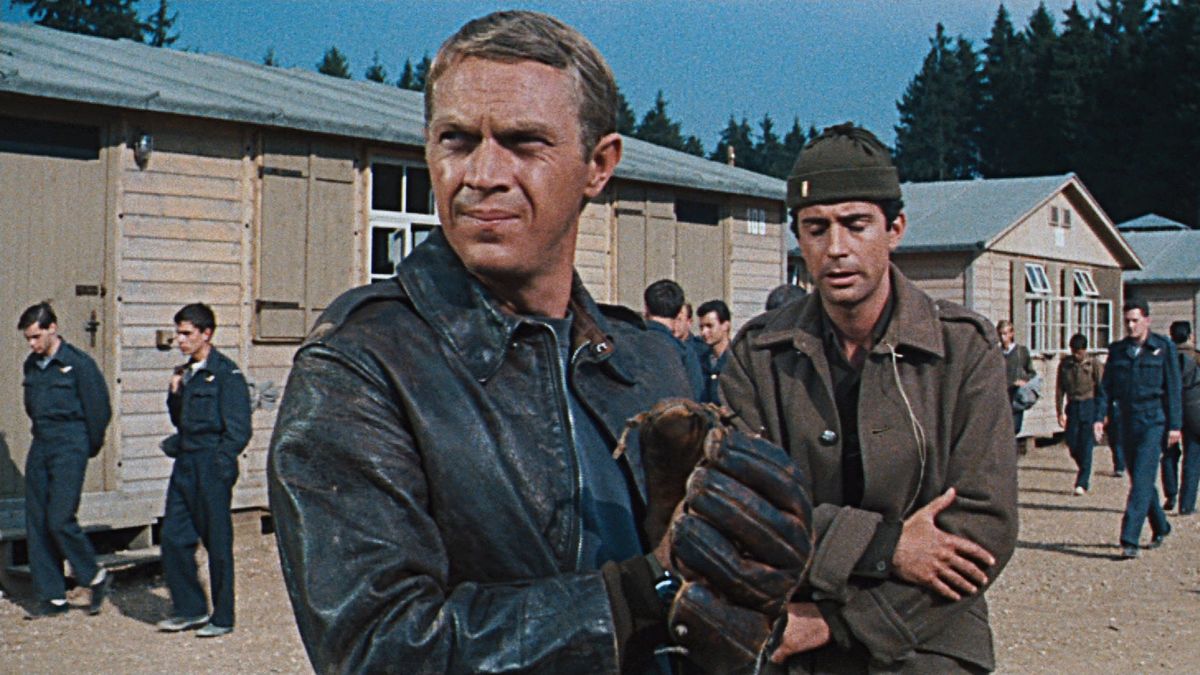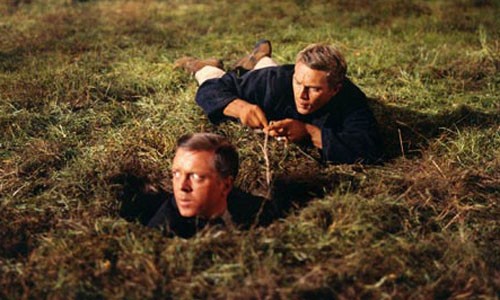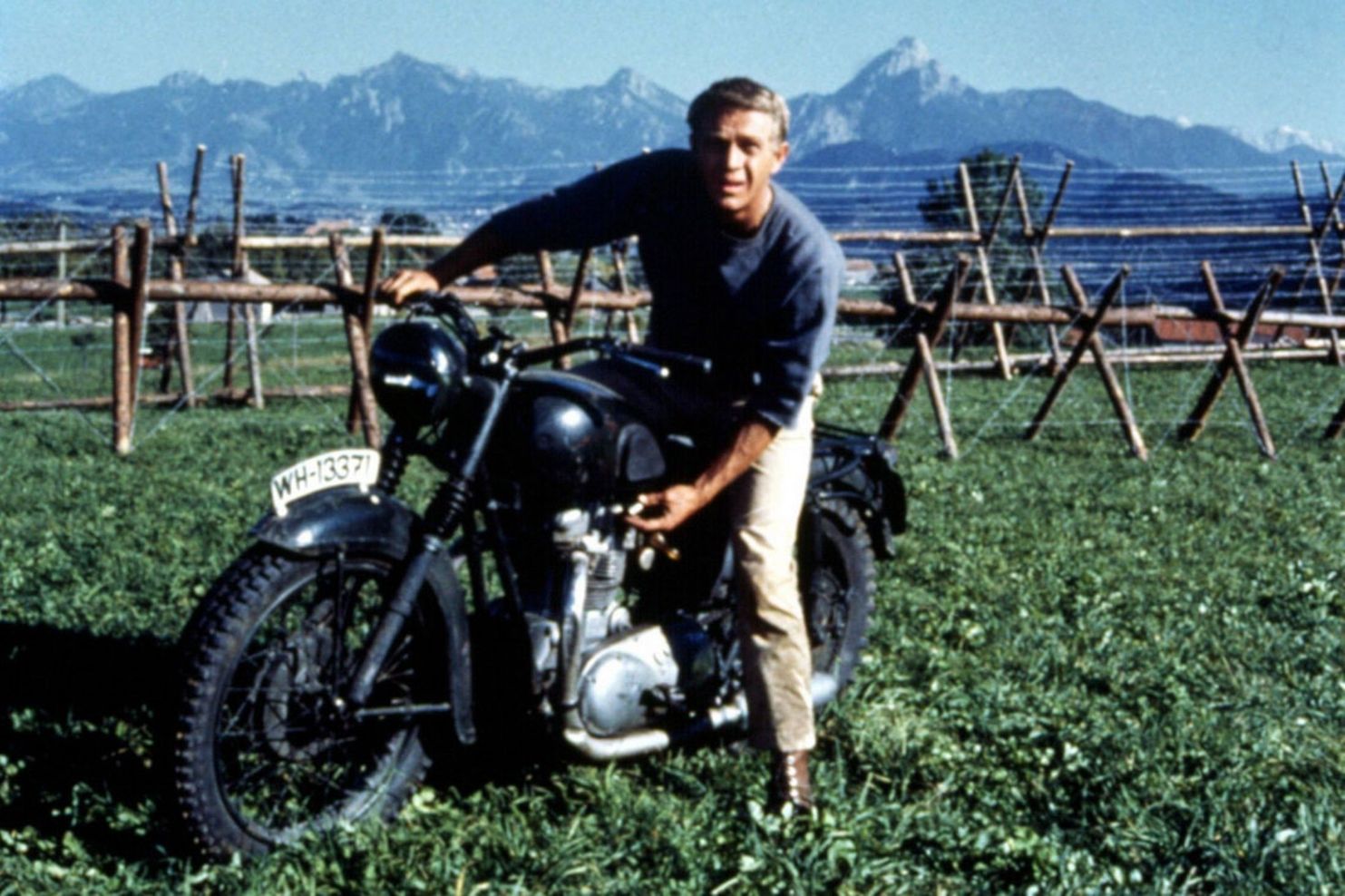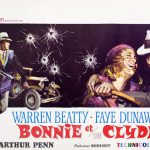The Great Escape (1963)



The story follows a group of Allied prisoners, led by figures like Roger Bartlett, played by Richard Attenborough, as they devise an audacious plan to break out of the heavily guarded camp. The ensemble cast, including Steve McQueen as the rebellious Hilts, James Garner as the resourceful Hendley, and Charles Bronson as the tunnel-digging Danny, brings depth and charisma to the film. Over nearly three hours, viewers are drawn into the prisoners’ meticulous preparations, from digging tunnels to forging documents, all while evading the watchful eyes of their captors. The film balances tension, camaraderie, and humor, culminating in thrilling sequences like McQueen’s unforgettable motorcycle chase across the German countryside.

Though inspired by true events, “The Great Escape” takes creative liberties for dramatic effect. For instance, the real escape involved no Americans, unlike the film’s depiction of McQueen’s character, and the motorcycle chase was a fictional addition. Nevertheless, these choices enhance the film’s emotional impact and accessibility, making it a compelling blend of history and entertainment.
Critically acclaimed, the film boasts a 94% approval rating on Rotten Tomatoes and was a commercial success, grossing $11.7 million—equivalent to roughly $115 million today. Elmer Bernstein’s rousing score further elevates the experience, embedding itself in popular culture. Beyond its entertainment value, “The Great Escape” resonates for its themes of defiance and ingenuity, inspiring generations of viewers.
Frequently aired on television, such as its scheduled broadcast on TCM on April 27, 2025, the film continues to captivate audiences. “The Great Escape” is more than a war movie; it is a celebration of courage and the unyielding human spirit, ensuring its place as a cinematic classic for years to come.











